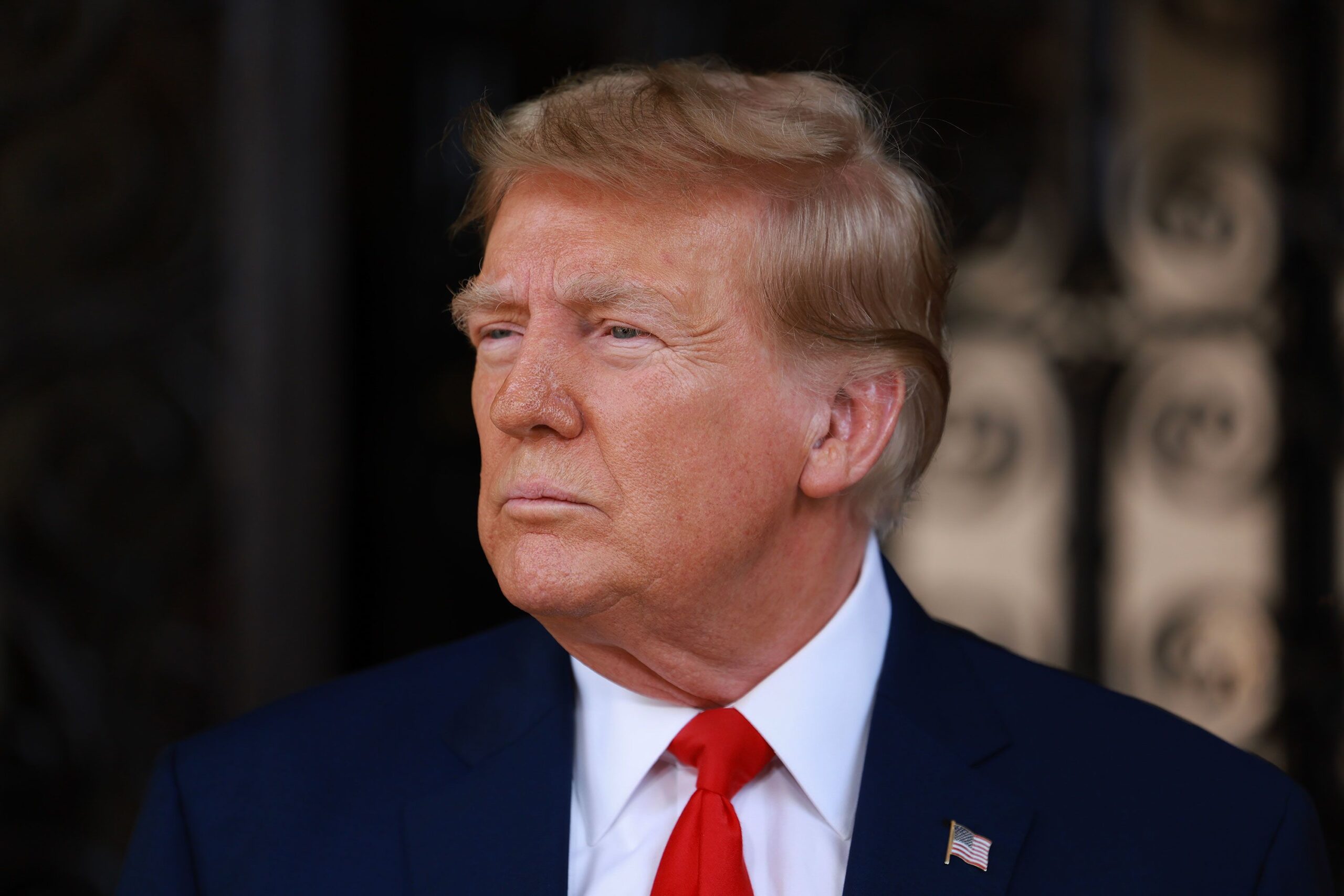In a landmark decision on Monday, the Supreme Court ruled that former President Donald Trump should be included on the Colorado ballot. This ruling concludes months of debate over whether Trump, the GOP frontrunner, violated the “insurrectionist clause” of the 14th Amendment. The decision is a significant triumph for Trump, quelling one of the numerous legal threats that have both troubled and invigorated his campaign against President Joe Biden.
Despite the ruling having no bearing on the four ongoing criminal cases Trump is currently facing, including the federal election subversion case related to the events of January 6, 2021, the court unanimously agreed that Trump could not be unilaterally removed from the ballot. However, the justices were split on the breadth of the decision’s implications.
Majority Opinion
A 5-4 majority, comprising Chief Justice John Roberts and Justices Clarence Thomas, Samuel Alito, Neil Gorsuch, and Brett Kavanaugh, opined that no state could exclude a federal candidate from any ballot without prior legislative action from Congress. The majority’s opinion stated, “States may disqualify persons holding or attempting to hold state office. But States have no power under the Constitution to enforce Section 3 with respect to federal offices, especially the Presidency.”
Minority Opinion
Four justices disagreed with the scope of the decision. Justices Sonia Sotomayor, Elena Kagan, and Ketanji Brown Jackson, in a concurring opinion, argued that the majority’s ruling “shuts the door on other potential means of federal enforcement.” Justice Amy Coney Barrett, in a separate concurring opinion, stated that the case “does not require us to address the complicated question whether federal legislation is the exclusive vehicle through which Section 3 can be enforced.”
14th Amendment Controversy
The decision, marking the first time the high court has evaluated Trump’s actions on January 6, arrived a day before Super Tuesday. The use of the 14th Amendment to derail Trump’s candidacy has always been viewed as a legal longshot. However, it gained significant momentum following a win in Colorado’s top court in December, leading to the case’s escalation to the US Supreme Court.
Trump has consistently ridiculed the 14th Amendment lawsuits, arguing that they are an unconstitutional affront pursued by Democrats who want to remove him from the ballot rather than compete with him in November. His lawyers have contended that it would be “un-American” to deprive voters of the opportunity to decide whether Trump should return to the White House.
Looking Ahead
Despite the Supreme Court’s ruling, similar 14th Amendment challenges against Trump were rejected in Minnesota, Michigan, Massachusetts, and Oregon. However, in Colorado, a series of decisions by state courts led to a case that Trump ultimately appealed to the US Supreme Court in January.
This story will continue to be updated with additional developments.

